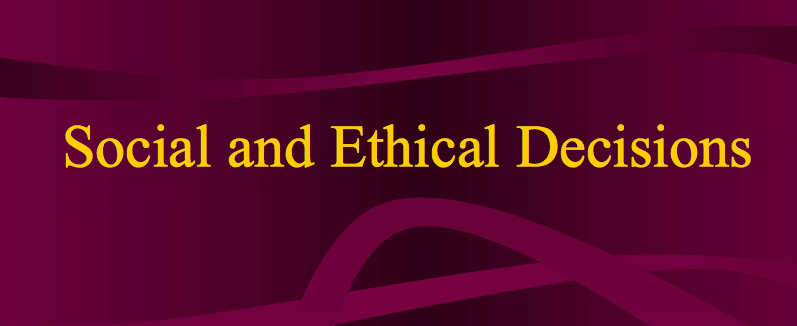Being diagnosed with an Intellectual Disability poses a series of questions and struggles. The following takes you through the beginning life phases and the choices parents face while raising a child diagnosed with an intellectual disability.
Prenatal Period
In the prenatal period, it is important that parents are encouraged to do those preventive measures that are least invasive to the baby. For example, through informational hand outs and possible financial assistance, parents can receive information on proper ways to care for themselves and their baby. Some of the topics would include prenatal care and the importance of not drinking alcohol, excessive caffeine, doing drugs, or smoking cigarettes. If parents or the fetus are at risk, there are medical procedures that can test the child for disabilities. Often these tests include a risk for miscarriage. Parents must face whether they think that it is worth this risk. If they do decide to go this extra step and find that their child does have a disability, they must face deciding on abortion, adoption, or keeping the child.
Early Years
Early years, includes children 0-5 years old. Often this is the time that the family is adjusting to having a child with an intellectual disability. It can be full of troubling issues as the parents coup with their child’s diagnosis and perhaps the chance that their child will not live a long life. After the child is born, the parent can choose not to use radical measures to prolong the child’s life and thus deal have to deal with the death of their child. As well as this decision, there are also many more, which include is the child and family life Teaching Standard meets Exceptional Needs Standards, three children with exceptional needs, Interactions with children, Engage students in communication and literacy, Engage Students in Social Development, use of assessment, and Out of Classroom Collaboration or will the child have to be institutionalized. There are also questions about services, and the adult put into the decision making position for the individual with an intellectual disability may need to learn how to advocate for their child.
School Years
There are many things for family to face. The parent must decide at the school level what program they want their child in. Are they going to go to a private specialized school? Are they going to integrate to peer’s without disabilities programs? Or are they going to go to the public school, but still be separated? With the parents facing so many questions, they may seek assistance from teachers and/or try to find comfort in their decision from the teachers. As a teacher, it is important to respect the parents decision. Then throughout the educational process parents and individuals face more decisions with goals and their educational program.
Adulthood
Parents face many decisions when their child with an intellectual disability reaches adulthood. They may have to stop and ask themselves, if their child is ready? Do they have the skills to take on the responsibility of adulthood? Where will they live? Will they work? If so, where? How will they receive the support necessary to live a fulfilling and safe adulthood? These questions may lead the parent to feeling overly protective and/or all alone. As a teacher, it is important to provide support for families as they go through this transition. It is also important to give a realistic evaluation of the child and direct the family to the appropriate services.
Summary
- Parents face many options when they have a child with an intellectual disability
- Everyone involved needs appropriate information
- Families need to find a place of support while making decisions and raising a child with an intellectual disability
Other Resources


One thought on “Intellectual Disability: Social and Ethical Decisions”